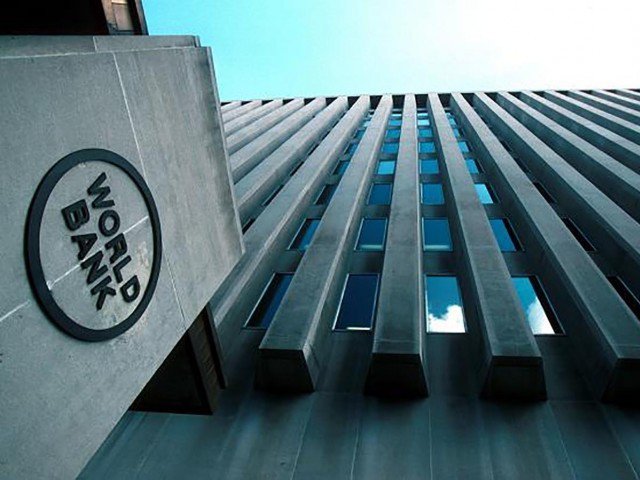The World Bank has canceled a $500 million budget support loan to Pakistan under the Affordable and Clean Energy (PACE-II) program. The decision follows Pakistan’s failure to meet key conditions, including renegotiating energy contracts for power plants under the China-Pakistan Economic Corridor (CPEC).
The lender confirmed that no new budget support loans will be provided during the current fiscal year, disrupting the government’s plans to secure $2 billion in loans. The World Bank cited slower-than-expected progress in addressing energy sector reforms, leading to a shift in its lending strategy.
Initially approved in June 2021, the PACE program aimed to reduce circular debt and improve electricity affordability. While the first tranche of $400 million was released under PACE-I, the second phase required Pakistan to renegotiate agreements with Independent Power Producers (IPPs), including Chinese plants.
According to a report, Government sources revealed that China repeatedly refused to restructure the $16 billion energy debt or reopen contracts under the 2015 energy policy.
Efforts to renegotiate energy deals have so far yielded limited results, with electricity prices remaining high at Rs65-70 per unit. Cross-subsidies of up to Rs16 per unit have also not been abolished, further burdening consumers.
The National Electric Power Regulatory Authority (NEPRA) reported Rs660 billion in losses from inefficiencies in power distribution companies last fiscal year, while circular debt surged to Rs2.393 trillion.
In its statement, the World Bank reaffirmed its focus on direct financing of hydropower projects, including an additional $1 billion for the Dasu Hydropower Project. It also highlighted ongoing support for improving power distribution efficiency and technical assistance for privatizing power distribution companies (DISCOs).
The lack of progress in reforms may complicate Pakistan’s efforts to meet the $2.5 billion external financing gap identified by the International Monetary Fund (IMF) for the current fiscal year. Despite this, Finance Minister Muhammad Aurangzeb expressed confidence in bridging the gap, stating that Pakistan would “borrow on our own terms at very competitive rates.”
Pakistan’s plans to raise $1 billion through Eurobonds have also stalled due to the country’s CCC+ credit rating, limiting access to international capital markets. With no immediate budgetary support from the World Bank, the government’s reliance on domestic borrowing and alternative financing sources is expected to increase.




